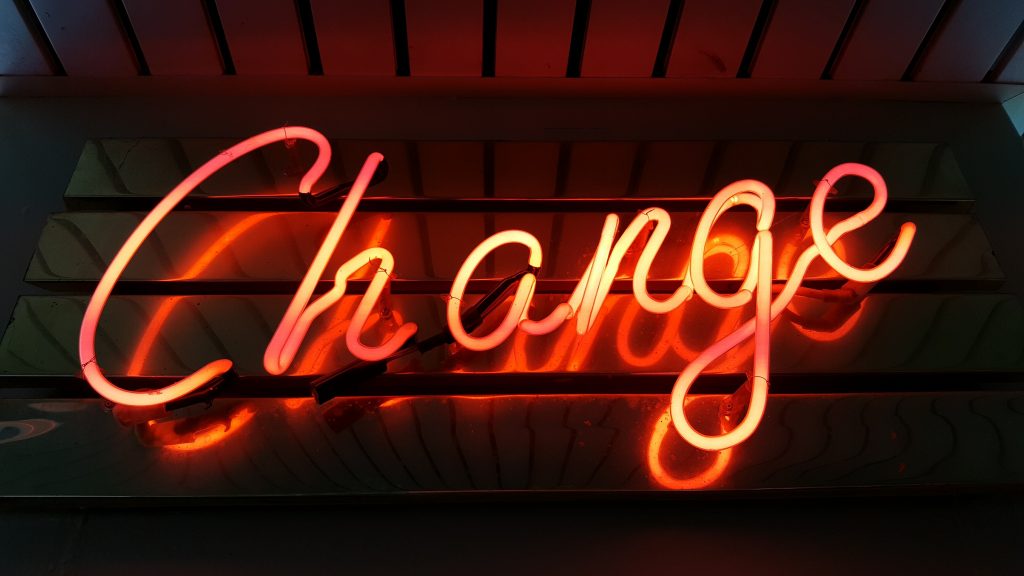
By Diane Shannon
When my first child was born and I stepped over the mighty threshold to “parent,” I felt elated, awed, and grateful—and at the same time as if my life had completely fallen apart. Meditation had been a daily sanity-saving practice for me.
Have you ever tried to meditate with a newborn crying to be fed? Impossible. With a baby, how would I exercise or make phone calls or get the laundry done? Once my maternity leave was over, how would I save enough energy for my work as a freelance health care writer? I pictured my life-before-child as a mirror that now lay in fractured shards at my feet.
Even now, after a lifetime of transitions (leaving practice as a primary care physician and divorce being two of the biggies), I can easily say that becoming a parent was the most impactful. For weeks I looked at those shards at my feet and was immobilized. I wanted to be a parent AND have my old life back.
After struggling for a few months, I learned an important lesson. Reframing my thoughts about a situation helps me find creative ways to move forward to something that works. Actually, it’s not just that reframing helps: it’s necessary for moving forward. I didn’t want a patched up, higgledy-piggledy old life but a satisfying, workable, new one.
Once I accepted the “losses” (making uninterrupted phone calls, for example), I found it incredibly energizing to think about recrafting my life. It was a time of exploration: What really matters to me? What must I keep for my own well-being and personal goals? Where can I adapt? What are the options that were unseen or unacceptable before that I’m now open to trying? I imagined examining each triangular shard and asking myself, Do I want to keep this?
Once I identified the pieces I wanted to keep, I asked myself a second question: Where does it fit? I found the analogy of filling a jar with rocks to be helpful when crafting this new plan for my life. If you’re trying to fit sand, small stones, and large stones into a jar, you’d better start with the large ones. The small ones and the sand can fill in the spaces around them, but if you start with the sand, there will be no room left for the rocks.
If the large stones represent what is most crucial to my well-being and goals, I need to put those into my day or week first, then work around them. Exercise, meditation, and being outdoors were big stones for me at that point in my life. So each morning, as soon as we were both fed, I’d settle my daughter in her stroller and set out on a walking meditation in the park nearby. It was not the quiet, still meditation practice I knew, but it worked well enough. When I started back to work, I made sure that a long walk alone on Saturday mornings was a fixture in my week. The mirror was no longer in shards. And it reflected a life that catered to my new needs.
The same approach works with professional transitions, whether it’s adapting, tweaking, or leaving a position. Taking stock at those moments and asking, “What is most important to me? What must I have for my well-being and personal (and professional) goals?” is a critical first step. Prioritizing the large stones is essential here too. Also important is accepting that with any transition there are losses along with the gains. Honoring those losses can free us to move on to something new that, on the whole, fits better with our current needs and goals. It takes a bit of energy and focus but is well worth the effort.
Transitions can be a source of angst and stress—or they can be an enriching time of self-exploration. Whether these transitions are planned or beyond our control, whether they are byproducts of the pandemic or not, we can use them to grow. We can get to know ourselves better, more clearly articulate our hopes and dreams, and design a road map toward a more fulfilling, enriching future.
Diane W. Shannon, MD, MPH, ACC, is a former primary care physician with more than 20 years of experience as a professional health care writer and author. She earned her International Coach Federation credential as an Associated Certified Coach, and is a member of the International Coach Federation, Physician Coaching Alliance, and Boston Executive Coaches.
Photo by Ross Findon on Unsplash